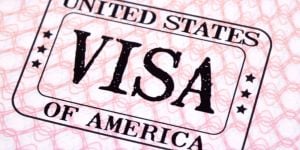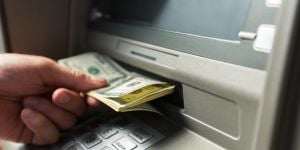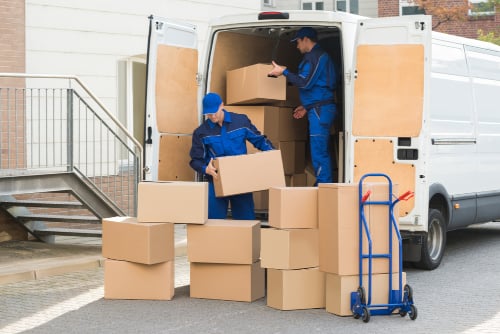When bringing a pet dog, not all airlines and airports are the same. Singapore for example may require a quarantine, whereas Japan may not if you are transiting and not changing airports. Not all airlines are equipped to carry pets...so that they arrive alive... For example, Chicago could not handle pets, but Los Angeles can. The type of aircraft within the USA also matters. Some flights from Los Angeles can handle pets and are pet certified, but others can not as the animals will freeze. As for vaccinations, the vaccinations for pets need to be current. There is a test to check that the animal has the appropriate immune response for rabies antibodies, meaning that the dog has been properly vaccinated. The best vaccines are those that the vet has hand carried refrigerated from the USA for that pet and vaccinated in your country. The airline charges may differ than what you were told by your US carrier. For example Japan Airlines charges $400 from Ho Chi Minh City to Tokyo in addition to the charges from American or other airline from Tokyo to the USA. If the pet is in a kennel, get a large enough kennel approved by the Vet for international travel.. it allows the dog to sit up, and has a water bottle and food dish attached. The cost to ship my pet dog as checked baggage was about $1,000 USD.
..About meat products... no meat products from Asia are allowed except Australia and a few other countries. Some dried, commerically packaged fruits are permitted. Coffee may be permitted in a sealed package as long as it is not to a coffee growing area such as Hawaii. If in doubt, declare it. Declare all food of any type... Agricultural Inspectors will thank you for it. Dried shrimp in a sealed package and snacks count as food .... one customs inspector asked a visitor " Are you going to eat it" to bring clarity that it is FOOD.
If you are bringing a suitcase full of coffee as samples, be sure to get USDA agricultural clearance... just in case. Typically, roasted coffee is okay. Green coffee may have more questions. but is also often okay... except for Hawaii. Basically if that type food is grown in the USA, it is not permitted due to possible contamination to the US food supply, the exception being commercially packaged food, which is handled case by case basis.
Salt, and baking soda will set of the security alarm so if you are packing salt or baking soda, be ready to go through secondary inspection.
Ground coffee is used to transport cocaine as the coffee hides the cocaine smell... therefore be ready to go to secondary if you are carrying ground coffee.












